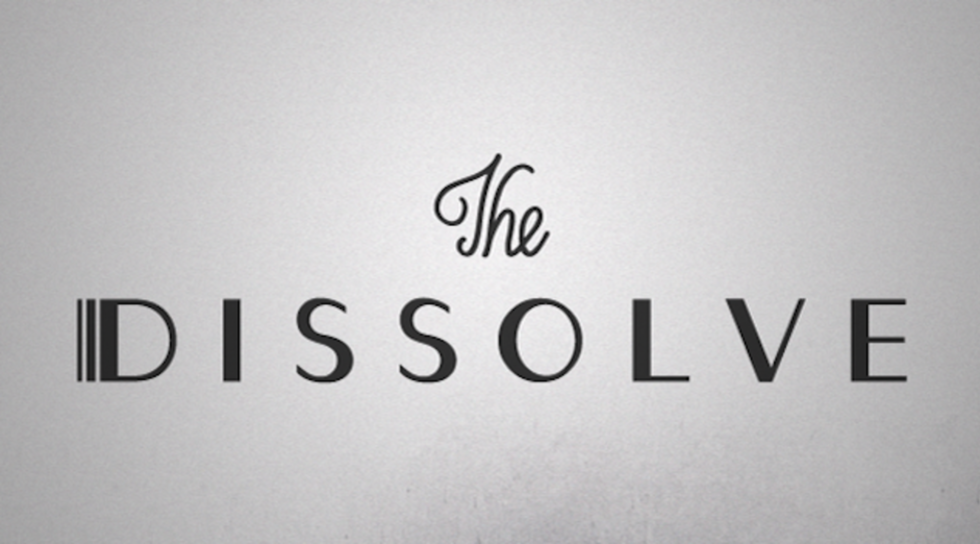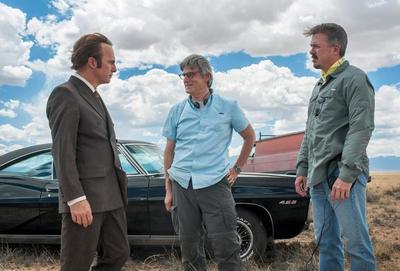
BY ZACHARY WIGON |
Racking Focus: The Dissolve Is a Sign That Film Criticism's Fade Out May Be Postponed
The unremarked-upon connection between filmmaking and film criticism deserves some consideration.

(Racking Focus is a Future of Film column by Zachary Wigon that dissects film world trends and opportunities essential to the up-and-coming independent filmmaker.)
Unless you've been living under a rock for the past few years, you're aware that this is hardly a golden era for the business of film criticism. Whether they're laying off prominent critics or going so far as to eliminate film critic positions entirely, many publications have found that the dire economic straits of print media - not to mention the still-muddled economics of extracting value from even the most popular websites - necessitate cuts somewhere, and in an era of algorithmic movie recommendations (thanks, Netflix and Amazon!) film critics are all too often on the bad end of financial cuts.
Films are made to be discussed and bandied about, dissected and theorized upon.
That's why it's so terribly exciting that The Dissolve, a new film journalism website, has recently launched. Owned by Pitchfork Media, the site - helmed by former Onion A/V Club editor Keith Phipps and staffed by many ex-members of that publication - will provide film criticism, interviews, and commentary upon the goings-on in the film world. This news is far more important and encouraging than indie filmmakers may give it credit for. A new, well-funded site just for professional film criticism in 2013 is a very good thing.
Already the site has delivered a combination of the refreshingly unexpected (a thorough examination of, of all things, Martin Scorsese's The Age of Innocence; an analysis of the 1991 Best Supporting Actor field) and the timely (an look at the process of turning movies into amusement-park rides; an essay on what differentiates Pacific Rim from its blockbuster competition), and of course provides plenty of insight with its film reviews, much as the A/V Club did before it.
There's an often unremarked-upon but truly crucial connection between the worlds of film production and film criticism. Indeed, it can be quite frustrating - and quite common - to come across filmmakers who have no interest in the realm of cinema studies in the slightest, and who may never even so much as glance at a review. But this insularity is a poorly thought-out attitude. After all, no one is interested in making movies in a vacuum; at their best, films are made to be discussed and bandied about, dissected and theorized upon and - hopefully - tossed into the larger discourse once commonly referred to as the "cultural conversation." This is how the medium progresses and learns.
All too often worthwhile films fail to traverse the divide between the film community and the general public.
For a number of reasons that are too myriad to get into at this juncture, cinema has made a creeping exit from that cultural conversation over the course of the past few decades, in no small part because such a conversation - in a culture saturated with more media channels than ever before - is increasingly fissured. And while there certainly are important outlets covering the film world, there's no question that independent cinema needs to be remarked upon by many, many publications in order to reach the general public - and all too often worthwhile films fail to traverse the divide between the film community and the general public.
The solution to this, of course, is discussing cinema - its high and low points, its trends and practitioners. In a climate such as ours in 2013, such discussion is under serious threat of extinction. When newspapers eliminate film critic positions and the general public is looking to their Netflix recommendations before critical opinion, you can believe that intelligent discussion, that vital life-force that enables cinema to grow, to evolve, that so often provides new filmmakers with an idea as to an angle in, a way to create something new and drive the medium forward, is in danger. But this welcome news - that a serious cultural entity is creating a brand-new venture for the express purpose of discussing cinema - indicates that this integral component of cinema's health is perhaps showing some new signs of life.

